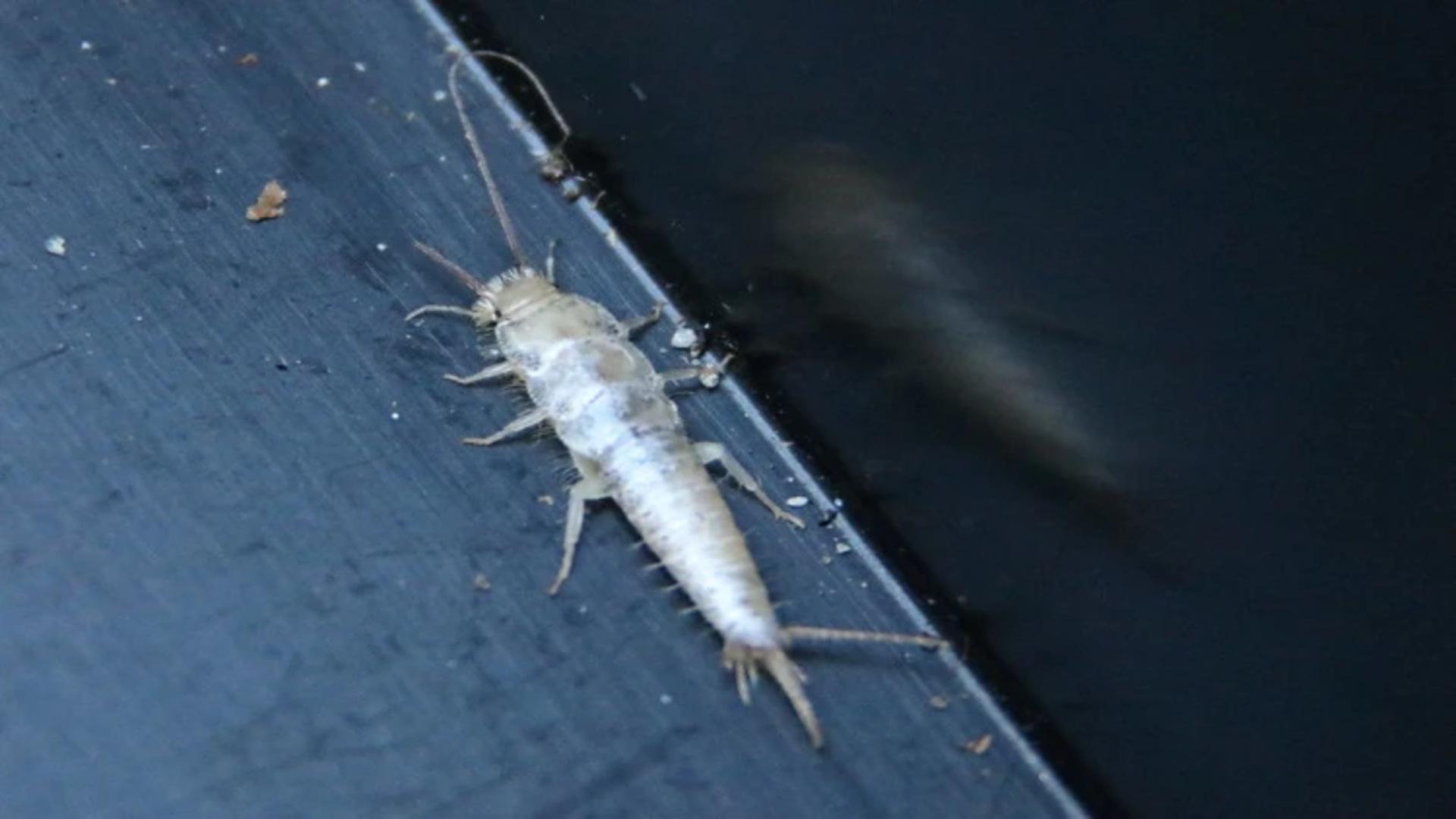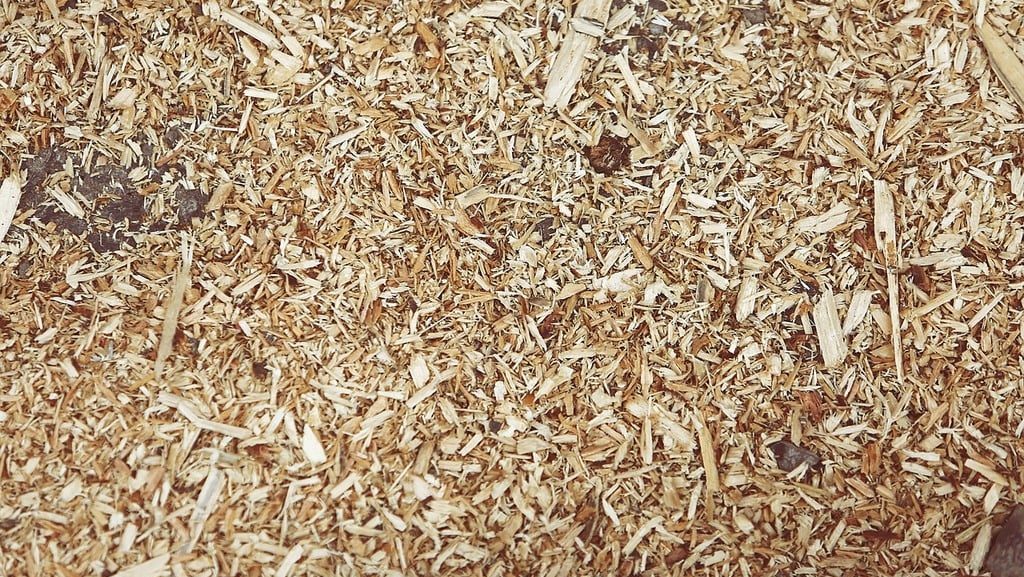Silverfish are small, nocturnal insects that can be a nuisance in homes. While they don’t bite or spread diseases, they can damage books, fabrics, and wallpaper. If you’re dealing with a silverfish problem, understanding what they hate can help you keep them away naturally.






 If you feel things have gone out of control, it is advised to contact pest control professionals. Our team can provide a customized approach to protect your home effectively.
If you feel things have gone out of control, it is advised to contact pest control professionals. Our team can provide a customized approach to protect your home effectively.

What Do Silverfish Hate?
Silverfish have a strong sense of smell and are repelled by several natural scents. Using these smells can help deter them from your home:Smells Silverfish Hate
-
Cedarwood: The strong aroma of cedar is highly unpleasant to silverfish. Cedar shavings, blocks, or essential oil can be placed in infested areas to keep them away.
-
Lavender: The scent of lavender is another natural deterrent. You can use dried lavender, lavender sachets, or essential oil sprays.
-
Citrus: Silverfish dislike the smell of citrus fruits like lemon and orange. Placing citrus peels or using citrus-based sprays can help.
-
Peppermint: Peppermint oil mixed with water and sprayed in corners and crevices can repel silverfish.
-
Cinnamon and Cloves: These spices have strong smells that silverfish avoid. Place cinnamon sticks or whole cloves in problem areas.
-
Bay Leaves: Crushing bay leaves and placing them in sachets can help keep silverfish at bay.
What Conditions Do Silverfish Hate?
In addition to specific smells, silverfish also dislike certain environmental conditions: Dry Environments: Silverfish thrive in humid areas. Using dehumidifiers, fixing leaks, and improving ventilation can make your home less inviting to them. Bright Light: These insects prefer dark spaces. Keeping storage areas well-lit can discourage infestations. Clean Spaces: Silverfish feed on dust, paper, and starch-based materials. Regularly vacuuming and decluttering can help prevent them. Strong Airflow: Silverfish prefer still, damp air. Using fans or improving air circulation makes your home less attractive to them. Visit our Species, Control, and DIY Guide sections for additional resources on silverfish and ways to tackle a silverfish infestation.How to Use These Repellents Effectively
Here are the ways you can use silverfish repellants easily:

Not getting a solution?
Get your free pest control estimate today!1. Essential Oil Sprays
Essential oils are a natural and effective way to repel silverfish. Strong scents like lavender, citrus, peppermint, and tea tree disrupt their navigation and make treated areas uninhabitable.How to Use
-
Lavender or Citrus Spray: Mix 10-15 drops of lavender or citrus essential oil with one cup of water in a spray bottle. Shake well before use.
-
Peppermint or Tea Tree Oil: These oils have strong odors that silverfish avoid. Add a few drops to water and spray around baseboards, closets, bookshelves, and damp areas.
-
Reapply Frequently: Essential oils evaporate over time, so reapply every few days to maintain effectiveness.

2. Scented Sachets
Sachets filled with dried herbs and essential oils work as a long-lasting silverfish repellent. The concentrated scent keeps them from infesting storage areas like drawers, closets, and pantries.How to Use
-
Choose Strongly Scented Ingredients: Use lavender, bay leaves, cinnamon, or cloves for maximum effectiveness.
-
Make Your Own Sachets: Fill small cloth bags or breathable pouches with dried herbs and place them where silverfish are commonly found.
-
Enhance with Essential Oils: Adding a few drops of essential oil to the sachets intensifies their scent and increases their repelling power.

3. Cedar Blocks or Chips
Cedar is a powerful natural repellent due to its aromatic compounds, which silverfish find intolerable. It also has antifungal properties, making it ideal for damp storage areas.How to Use Cedar
-
Place Cedar Blocks or Chips in Key Areas: Position cedarwood in closets, drawers, bookshelves, and storage bins.
-
Refresh the Scent Periodically: The natural aroma fades over time, so lightly sanding the surface or applying cedar oil will restore its effectiveness.
-
Use Cedar Hangers or Liners: These are excellent for clothing storage, preventing silverfish from damaging fabrics.

4. Keep Your Home Dry and Clean
Reduce humidity with a dehumidifier, fix leaks, and clean regularly to eliminate food sources.How to Implement
-
Control Humidity: Use dehumidifiers or silica gel packets in damp areas like basements, bathrooms, and attics. Fix any leaks or plumbing issues.
-
Vacuum Regularly: Silverfish feed on paper, dust, and food crumbs. Frequent vacuuming removes their food sources.
-
Declutter Storage Areas: Keep books, papers, and fabrics in sealed plastic containers rather than cardboard, which attracts silverfish.





